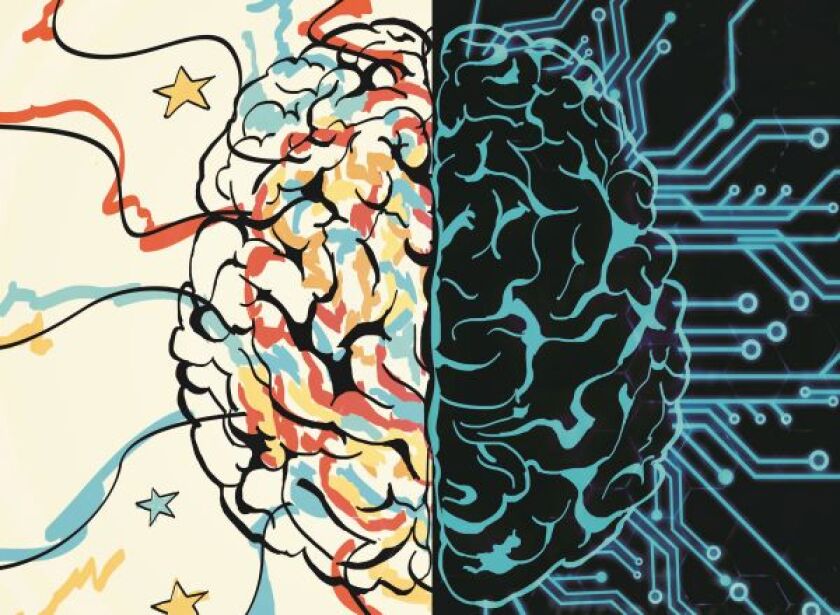Artificial intelligence-generated works are not eligible for copyright protection, a US federal court ruled on Friday, August 18.
Computer scientist Stephen Thaler was appealing against the US Copyright Office’s refusal to register an image created by one of his inventions, an AI tool called the Creativity Machine.
In Friday’s judgment, the US District Court for the District of Columbia upheld the copyright registrar’s finding that human authorship is essential to a valid copyright claim.
The work in question was a visual image called 'A Recent Entrance to Paradise'. Thaler claimed the work had been created autonomously by the Creativity Machine with no human involvement.
Thaler and his legal team, led by Ryan Abbott, a law professor at the University of Surrey in the UK, have continuously argued that patent and copyright protection should be granted to AI-generated works and inventions.
So far, US courts and the USPTO have found that intellectual property rights should only be granted for works created by humans.
District Judge Beryl Howell took the same view in the latest case.
She also rejected Thaler’s arguments that the ownership of the registration for the AI-generated work, which would normally be granted to the author, should pass to him as the owner of the machine.
“These arguments concern to whom a valid copyright should have been registered, and in so doing put the cart before the horse.
“By denying registration, the [Copyright Office] concluded that no valid copyright had ever existed in a work generated absent human involvement, leaving nothing at all to register and thus no question as to whom that registration belonged,” Howell wrote.
Abbott confirmed on LinkedIn that Thaler’s team plans to appeal the judgment.
Thaler’s efforts to secure copyright registration are the latest evolution in a long-running campaign to reform IP laws around AI-generated works and inventions.
An appeal to name DABUS, one of Thaler’s other AI programs, as the inventor on two patent applications is pending at the UK Supreme Court. It heard the case in March.
The DABUS campaign has generated a series of high-profile appeals, including to the US Supreme Court, which rejected Thaler’s case.
So far, DABUS has only managed to be named as an inventor in South Africa, where the country’s IP office does not carry out substantive examination.
Appeals are currently pending at multiple other venues, including at Germany’s highest court, the Federal Court of Justice.











